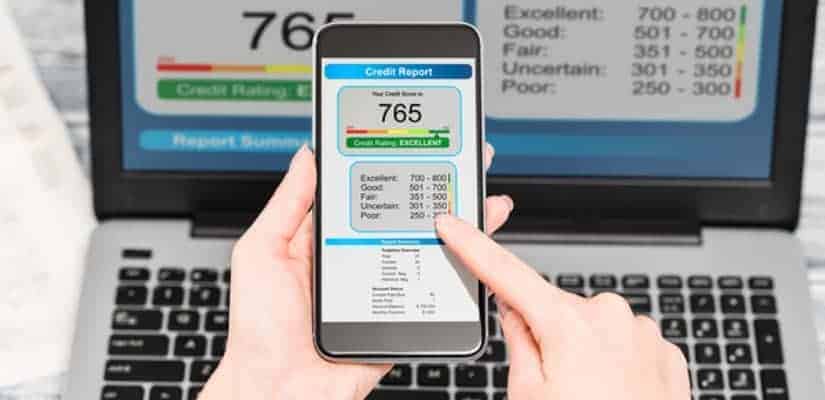Do you need help to repair your credit? Too many people think that raising their credit scores and repairing their credit is something they cannot do on their own. However, there are some simple things you can do to begin repairing your credit today. Repairing your credit will help if you are considering purchasing a home, buying a car, or applying for a personal loan. Consider these five simple steps to repairing your credit.
5 Easy Things To Repair Your Credit
1. Review Your Credit Report for Errors
Credit card, loan servicing, and collection companies are required to make sure they report accurate information to credit bureaus about your payment history. However, we know this sometimes does not happen. Request your free credit report and dispute any errors you find. Once an error is disputed successfully, your credit score will be improved. This can help you get a new loan or credit card with a lower interest rate.
2. Lower your Credit Card Utilization
When your credit score is being calculated, 30 percent of your score is based on how much of your available credit you are using. There are two ways to improve your utilization, one is by paying down your credit card debt, and the other is applying for additional credit cards and not maintaining a balance on them. Credit utilization is the amount of credit you have available on all your credit cards versus the amount of credit you are currently using. The less you are using, the better. Use caution when applying for new cards however, because the “age” of your open credit lines matters when calculating your scores, too.
You could also consider reaching out to your current credit card companies and asking they increase your current credit line. This may be your best option to repair your credit, particularly if you have been making your payments on time. This will lower your credit utilization, as well as help you avoid the “negative” mark for new credit.
3. Pay Everything on Time
The best thing you can do to repair your credit is to pay all your current debts on time. As you develop a history of making payments on time, your credit score will increase. Also, negative marks will begin to have a lesser impact, and that makes rebuilding your credit easier and easier over time. This is not to say those negative marks will go away; however, older negative marks will be less relevant.
For some consumers, credit card payments are due between paychecks. If this is the situation you find yourself in, consider contacting your creditors and asking for the date the payment is due to be changed. You can also set up automatic payments from your checking account to make sure payments are made ahead of time.
Also, keep in mind the value of the credit line itself when you’re paying down your credit cards. If you have credit cards that you have paid off, do not destroy the cards or close the accounts. The age of your credit lines also matters when you are attempting to repair your credit. Check to determine if a credit card company requires some form of “activity” to keep your account open and active.
4. Consider Secured Credit Cards or Loans
Another way to repair your credit is to apply for a secured credit card or loan. You should first make sure any new creditor will be reporting timely payments to all three credit bureaus to ensure you are on the path to repairing your credit. Secured credit cards and loans typically require you to open a savings account with the creditor and make a deposit as a form of insurance for the company. Remember, as with any other type of credit card, you will have to make payments on time. If you don’t, payments may be taken from the savings account and your credit score will suffer.
5. Ask for Help: Authorized Users and Cosigners
If you have a person you trust to manage their own credit on time, consider asking them to add you as an authorized user to their credit card. They do not have to provide you with access to their account; they merely need to add you as a user of the credit card account. While this is a slower way of repairing your credit, it can help. Remember, however, that if the person who owns the account makes a late payment, it could damage your credit further.
If you are applying for a car loan or a personal loan, ask a family member whom you trust to serve as a cosigner on the loan. This may afford you a lower interest rate and help you repair your credit simultaneously.
Credit scores are not damaged by any single incident. Rather, they suffer over time. Similarly, rebuilding your credit is a process and will take some time. If you make a commitment to repairing your credit and you start with these five easy steps, you will be on the road to a stronger financial future.







